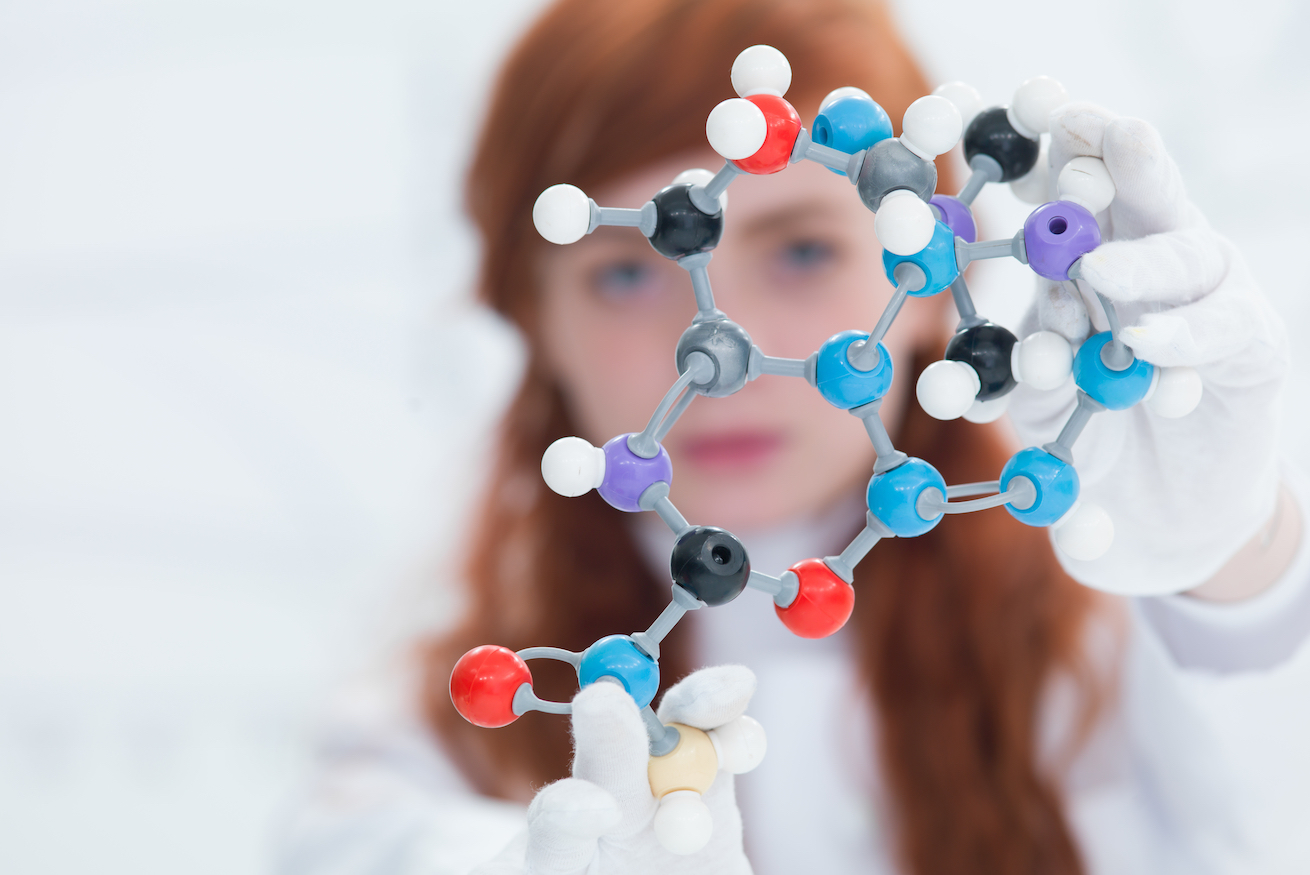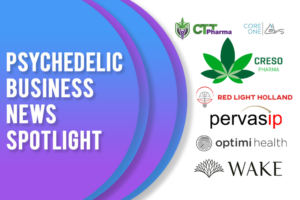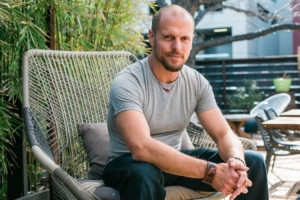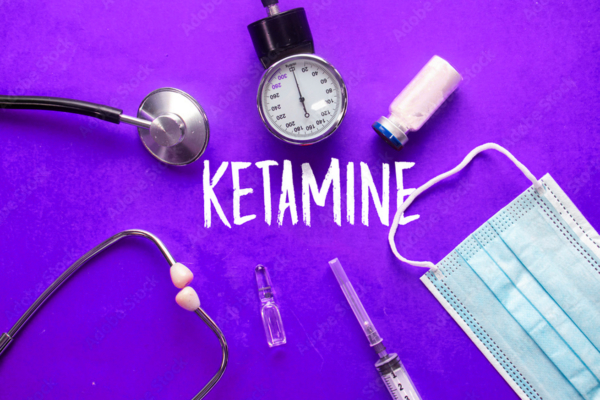
Australia has welcomed the country’s first clinical trial institute for psychedelic therapies.
Psychae Institute opened its doors in Melbourne this week, with an initial $40 million investment from an unspecified North American biotechnology company funding operations for the next five years. In the future, funding for the global psychedelic non-profit research organization is expected to come from governments, grants, philanthropic donations, and private investment.
The goal is to develop novel pharmaceutical-grade psychedelic medicines and accompanying psychotherapeutic treatment models that could become treatment options within mainstream health services. Psychae hopes to advance research around products inspired by ayahuasca, psilocybin, MDMA, and other psychoactive substances. Development of those medicines will commence this year with local pharmaceutical manufacturers, and clinical studies are expected to begin in early 2022.
The institute will partner with other psychedelic research organizations to lead pre-clinical and clinical studies at multiple sites in Australia, Canada, the United Kingdom, Europe, and Brazil. Collaborators will include the University of Toronto, King’s College London, the University of Zurich, and the Federal University of Rio Grande. Psychae’s Australian-based researchers are from institutions including Swinburne University, the University of Melbourne, the Florey Institute of Neuroscience and Mental Health, the NICM Health Research Institute, and Agriculture Victoria Research,
Co-Director Professor Jerome Sarris – who is listed as the third-highest globally ranked academic expert on plant-based medicines – said that Melbourne is a prime location for its headquarters. “[It offers] us a strong academic and biomedical presence, as well as high-quality manufacturing and agriculture capabilities to support research,” he explained.
Sarris added that this research would give new hope and more options to the millions of people suffering from mental health disorders, which affect about one in five Australians. “Our work has the potential to change lives.”
In Australia, psychedelic drugs are currently classified as Schedule 9 prohibited substances. However, the country’s regulatory agency, the Therapeutic Goods Administration (TGA), is considering rescheduling psilocybin and MDMA as Schedule 8 controlled substances. That would allow psychiatrists to use these drugs, in combination with psychotherapy, to treat a range of conditions, including depression and post-traumatic stress disorder (PTSD).
After rejecting applications to reschedule the drugs this past February, the regulator announced in April that it would conduct an independent review into the therapeutic value, risks, and benefits to public health. Psychae Institute Co-Director Associate Professor Daniel Perkins, a registered psychotherapist with expertise related to the mental health effects of psychedelics, hopes their research will lead to TGA approval.
“Today, many people with mental health conditions are becoming aware of this research and in desperation are accessing black market psilocybin or flying to Peru to use ayahuasca in non-clinical settings,” he said. “The significant opportunity for us at Psychae Institute is to meaningfully increase the scientific and clinical evidence supporting the safe use of these compounds as therapies to eventually achieve drug registration with the Therapeutic Goods Administration (TGA) and equivalent regulators overseas.”





